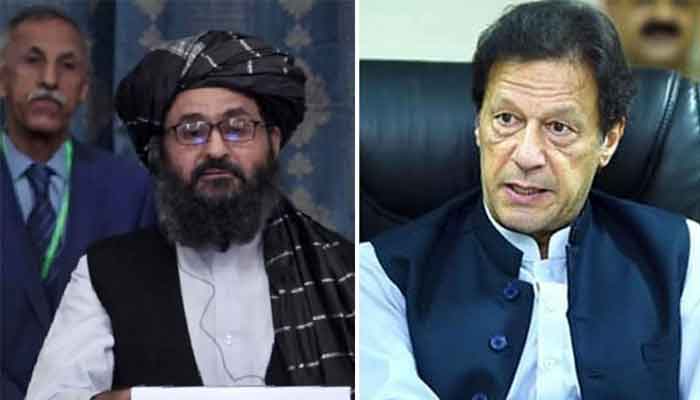
The U.S. withdrawal from Afghanistan has led countries in the region and beyond to plan strategically for the fallout of this abrupt decision. The government of Prime Minister Imran Khan of Pakistan, Afghanistan’s immediate neighbor, however, appears oblivious of any such concerns.
As author and columnist Zahid Hussain notes, “it is certainly the most serious challenge faced by Pakistan on the national security and foreign policy front in recent times. But there seems to be a complete disconnect between the situation on the ground and our narrative. There seems to be no coherent strategy to deal with the emerging situation in Afghanistan and on how to reset our relations with global and regional powers in the midst of fast-changing geopolitics. The dramatic change in Afghanistan could open a window of opportunity but any misstep could also create serious problems for Pakistan.”
As Hussain points out, “It begins with the prime minister whose thoughtless remarks often cause diplomatic embarrassment. Last week, in a speech he implicitly called for recognition of the Taliban government against our stated policy of not going solo on the issue. One wonders whose policy that is anyway. His premature assertion about the legitimacy of Taliban rule before the group has even formed a government has raised questions about our contradictory position. Not surprisingly, the statement has added to the confusion in our foreign policy that has become a hallmark of the PTI government. The disarray has never been so pronounced.”
Further, “The swift victory of the Taliban has generated euphoria and a sense of triumphalism among many of them. Some are even offering unsolicited advice to the Taliban on what the group should or shouldn’t do. It’s getting more and more bizarre.”
Furthermore, “Some off-the-cuff remarks by the national security adviser in recent media interviews have triggered unnecessary controversy. Surely there is always a danger of being misquoted and misrepresented and that is the reason for being more cautious in media interactions. Public retraction and clarifications make things worse.”
Hussain ends his article by noting “Discretion that is the essence of diplomacy is in short supply here. It’s a lethal mix of populism and mediocrity that defines our current approach to foreign policy.”
![]()





